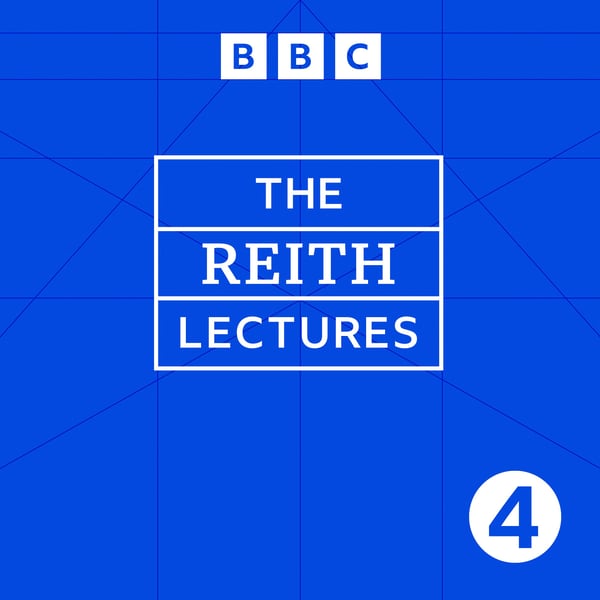The Human Hive
The Reith Lectures
BBC
4.2 • 770 Ratings
🗓️ 19 June 2012
⏱️ 53 minutes
🧾️ Download transcript
Summary
The eminent economic historian Professor Niall Ferguson argues that institutions determine the success or failure of nations. In a lecture delivered at the London School of Economics and Political Science, he says that a society governed by abstract, impersonal rules will become richer than one ruled by personal relationships. The rule of law is crucial to the creation of a modern economy and its early adoption is the reason why Western nations grew so powerful in the modern age.
But are the institutions of the West now degenerating? Professor Ferguson asks whether the democratic system has a fatal flaw at its heart. In the West young people are confronting the fact that they must live with the huge financial debt generated by their parents, something they had no control over despite the fact that they were born into a democracy. Is there a way of restoring the compact between different generations?
Producer: Jane Beresford.
Transcript
Click on a timestamp to play from that location
| 0:00.0 | Thank you for downloading the 2012 BBC Reith Lectures. |
| 0:04.0 | This year's lectures, titled The Rule of Law and its Enemies, |
| 0:07.4 | are given by the economic historian Professor Neil Ferguson. |
| 0:10.9 | The presenter is Sue Lawley. |
| 0:13.2 | Hello and welcome to the London School of Economics and Political Science, |
| 0:17.3 | to the first of the 2012 Reith Lectures. |
| 0:23.3 | Our lecturer this year is Neil Ferguson, |
| 0:29.3 | a historian who enjoys using his analysis of the past to explain where we might be heading in the future. A native of Glasgow and now a professor of history at Harvard and a fellow |
| 0:34.3 | of Jesus College, Oxford. his books and television programs on economic |
| 0:38.5 | and financial history and on the history of empires are entertaining and they're controversial. |
| 0:44.2 | In these lectures, he's going to explore the rule of law and its enemies, asking the question, |
| 0:50.7 | has the triumphant growth of Western civilization over the past 500 years now reached |
| 0:56.2 | a point of decline? And if it has, how much of that is due to the weakening of the institutions |
| 1:02.0 | which he believes created and drove that growth in the first place? We should expect a few |
| 1:07.8 | fireworks because Neil Ferguson is not frightened of creating a stir. |
| 1:12.7 | What the media want from a public intellectual, he said, is somebody who is absolutely certain of his views. |
| 1:19.8 | And I can do that. |
| 1:21.3 | But as a teacher, my strategy is to encourage questioning. |
| 1:25.7 | Well, here at the LSE, we have an audience of historians and economists, |
| 1:30.0 | both students and experts, ready to question him, |
| 1:33.1 | once he's delivered the first of his four lectures. |
| 1:36.3 | It's called The Human Hive. |
... |
Please login to see the full transcript.
Disclaimer: The podcast and artwork embedded on this page are from BBC, and are the property of its owner and not affiliated with or endorsed by Tapesearch.
Generated transcripts are the property of BBC and are distributed freely under the Fair Use doctrine. Transcripts generated by Tapesearch are not guaranteed to be accurate.
Copyright © Tapesearch 2025.

